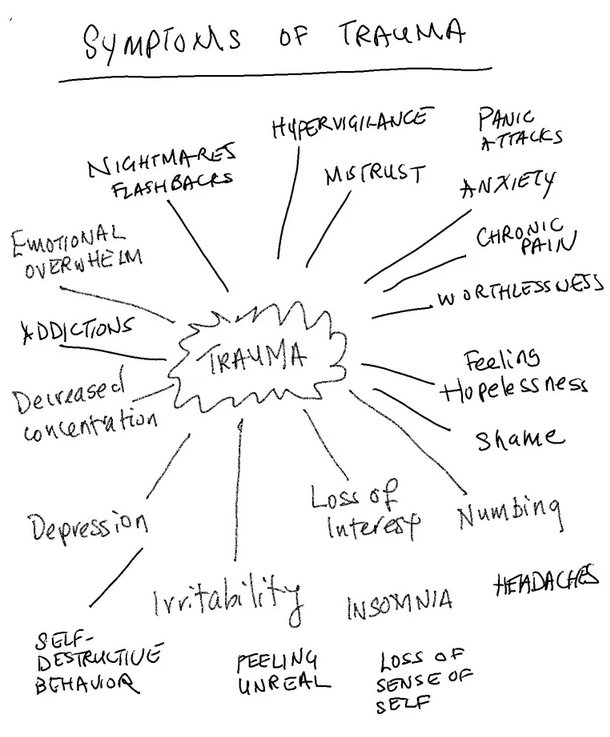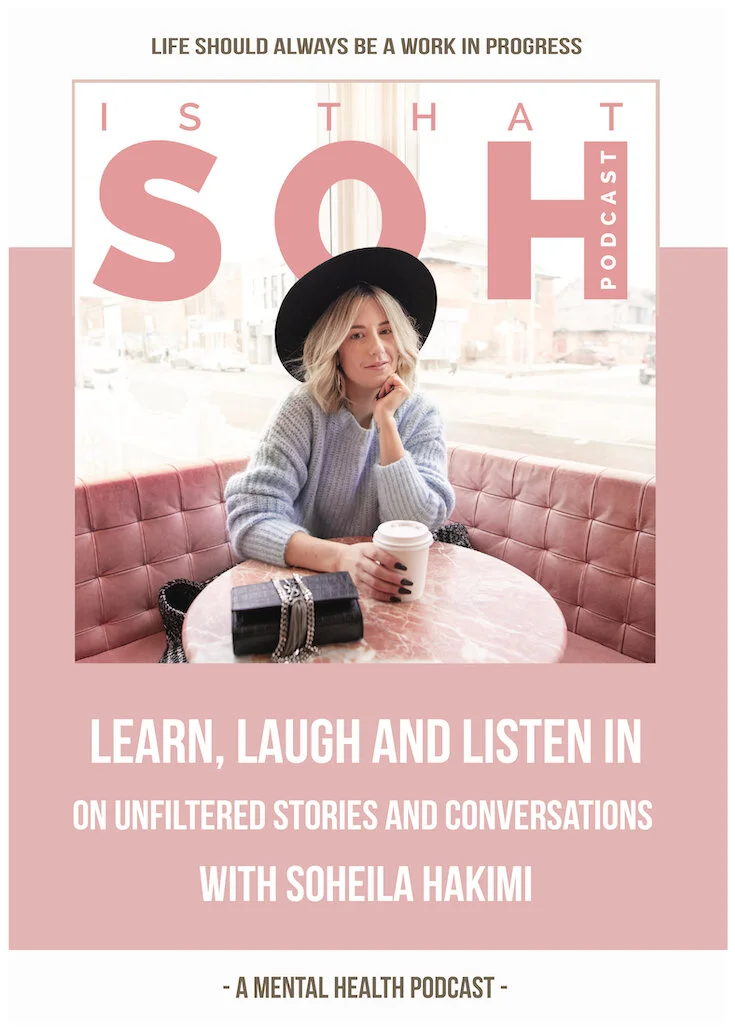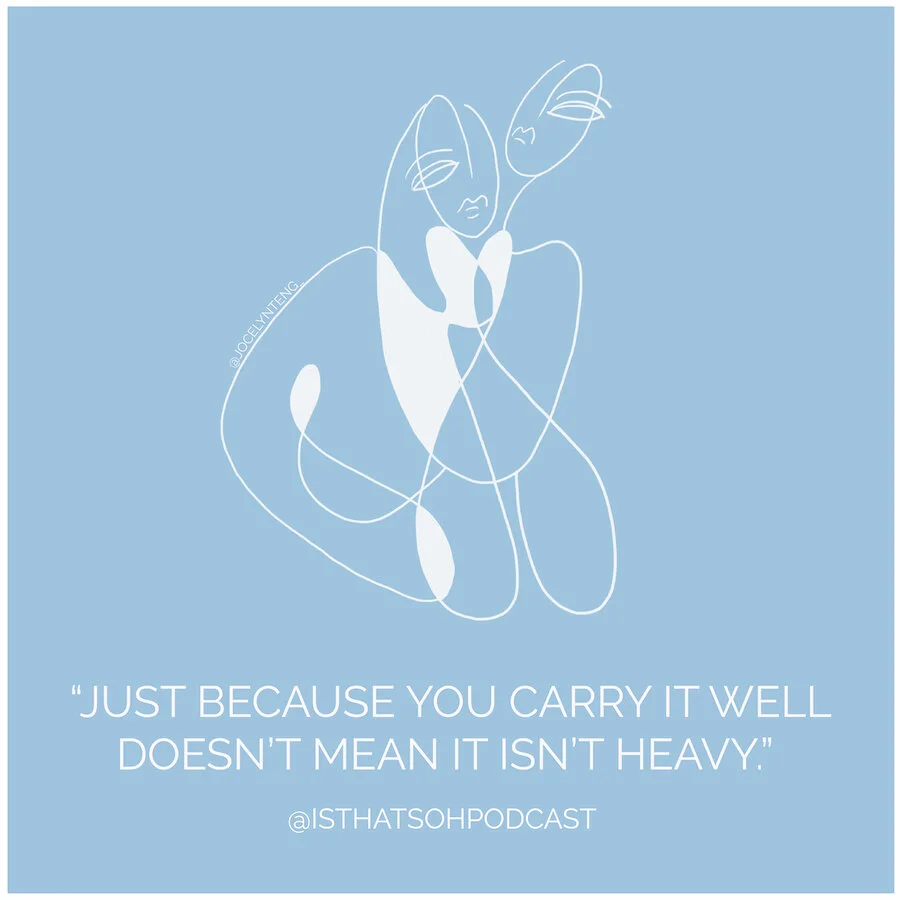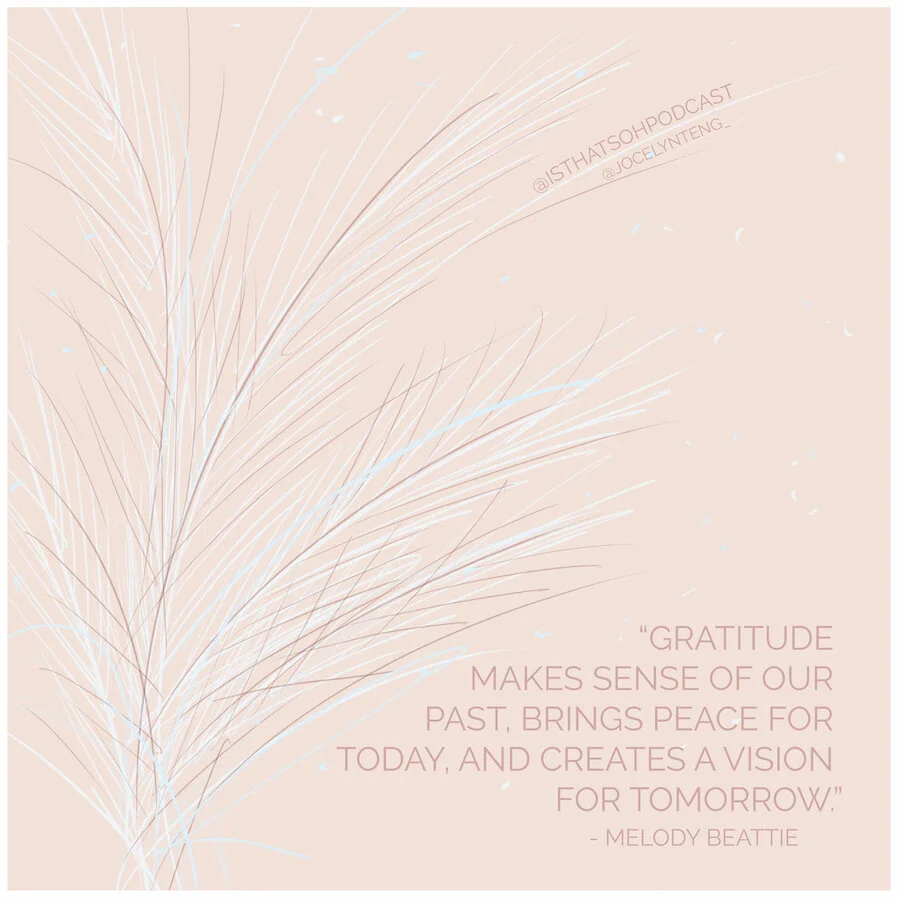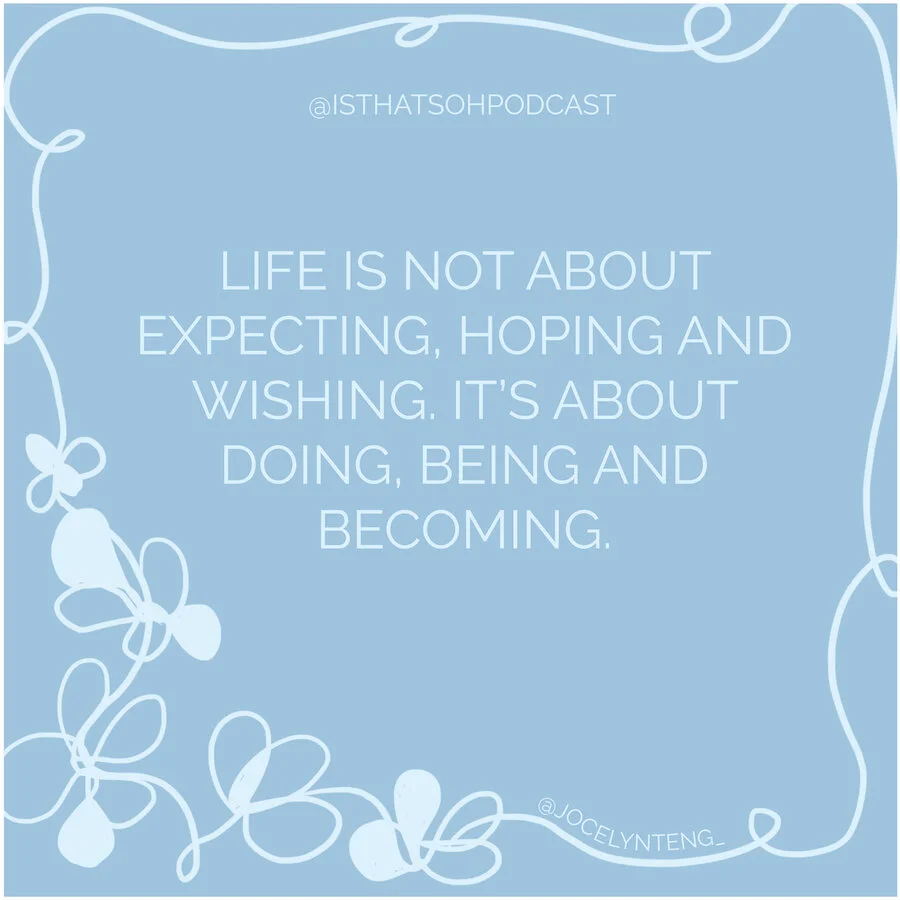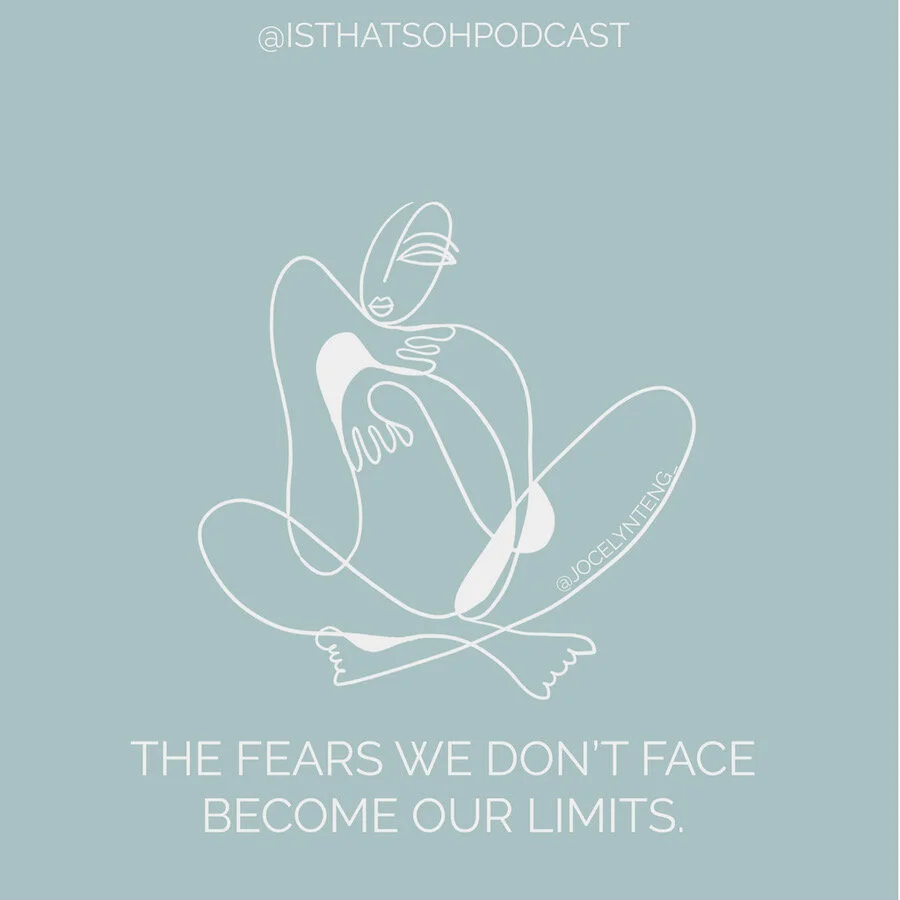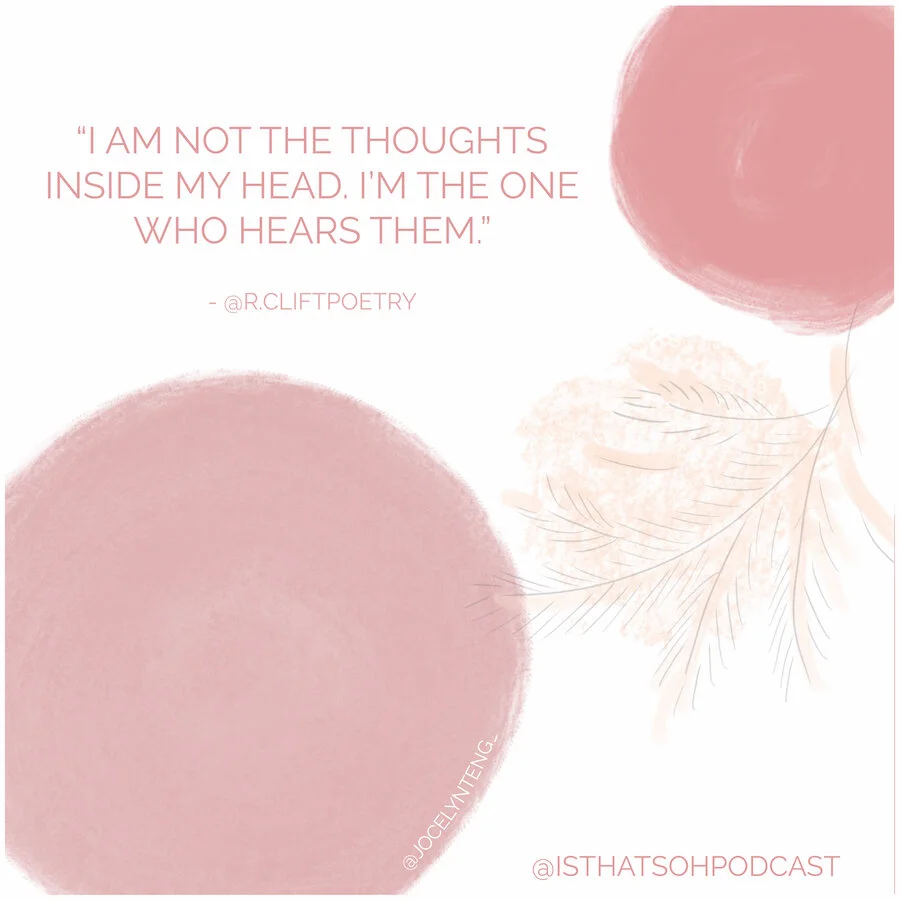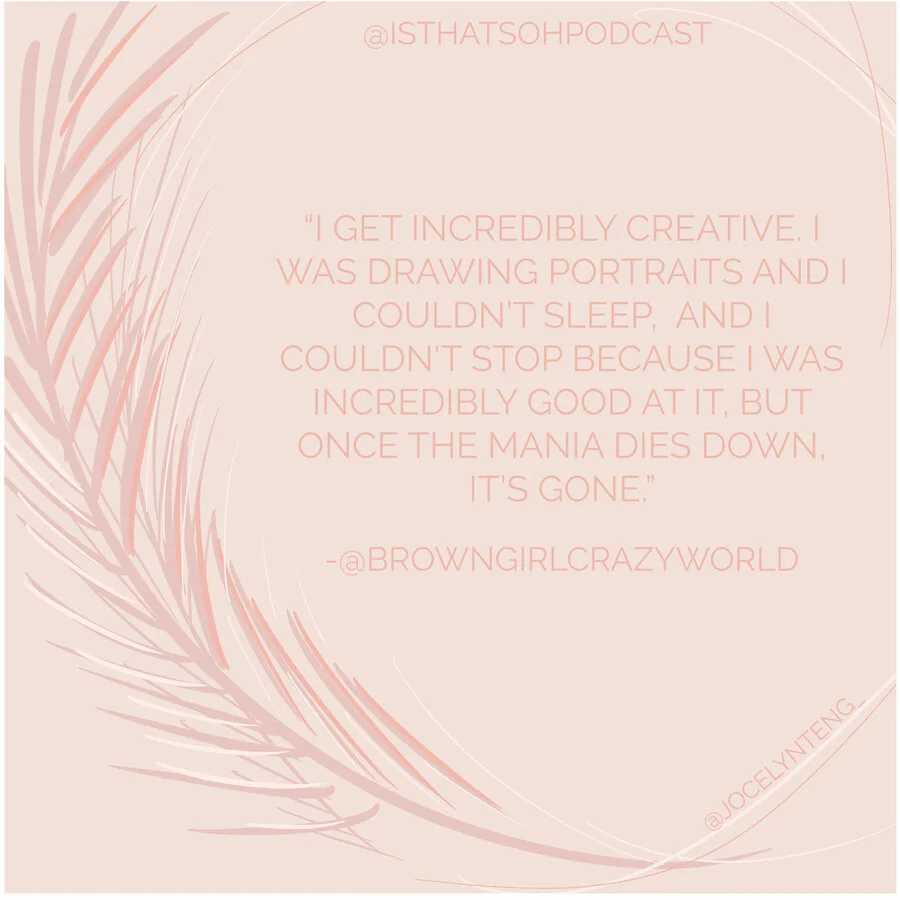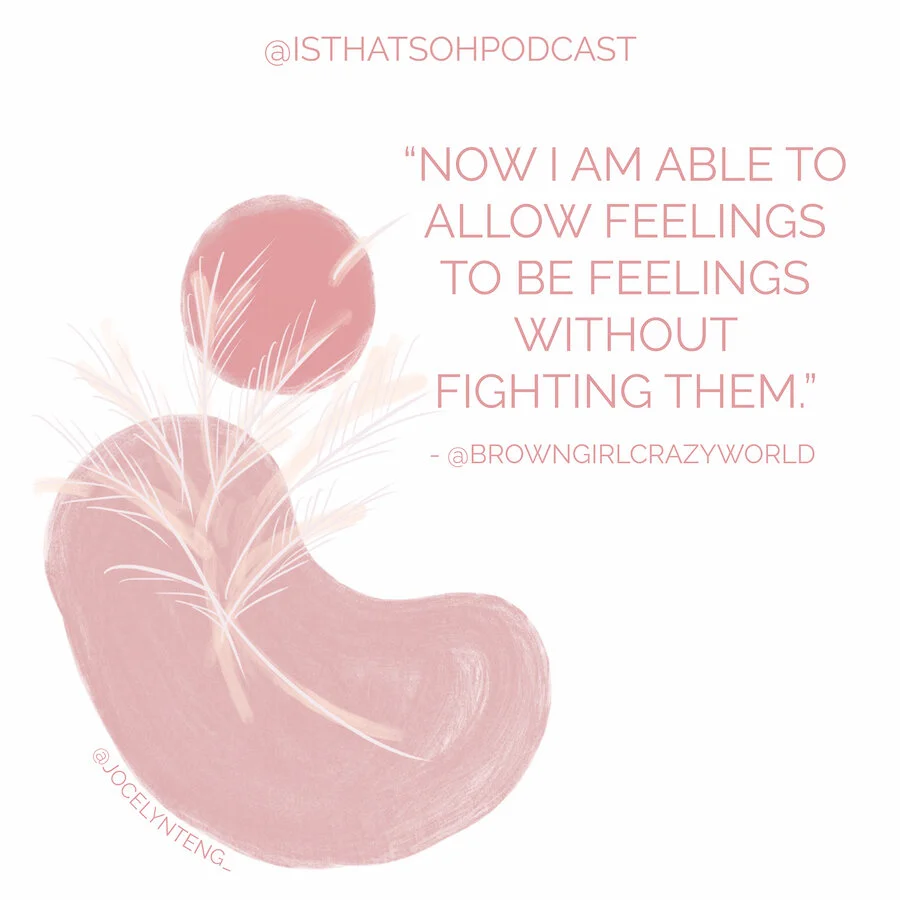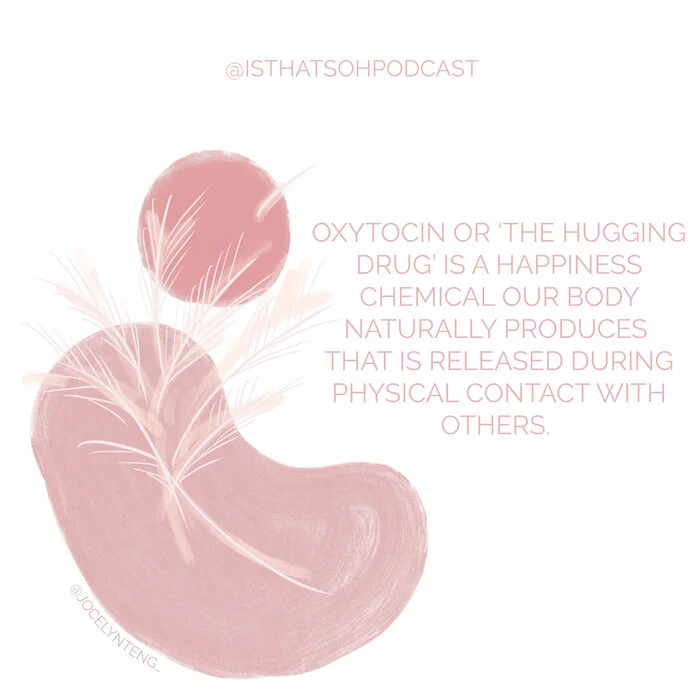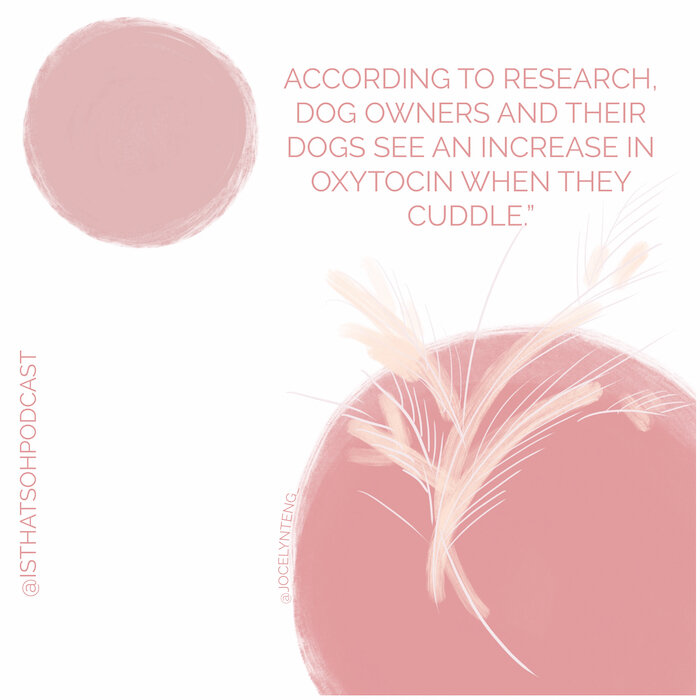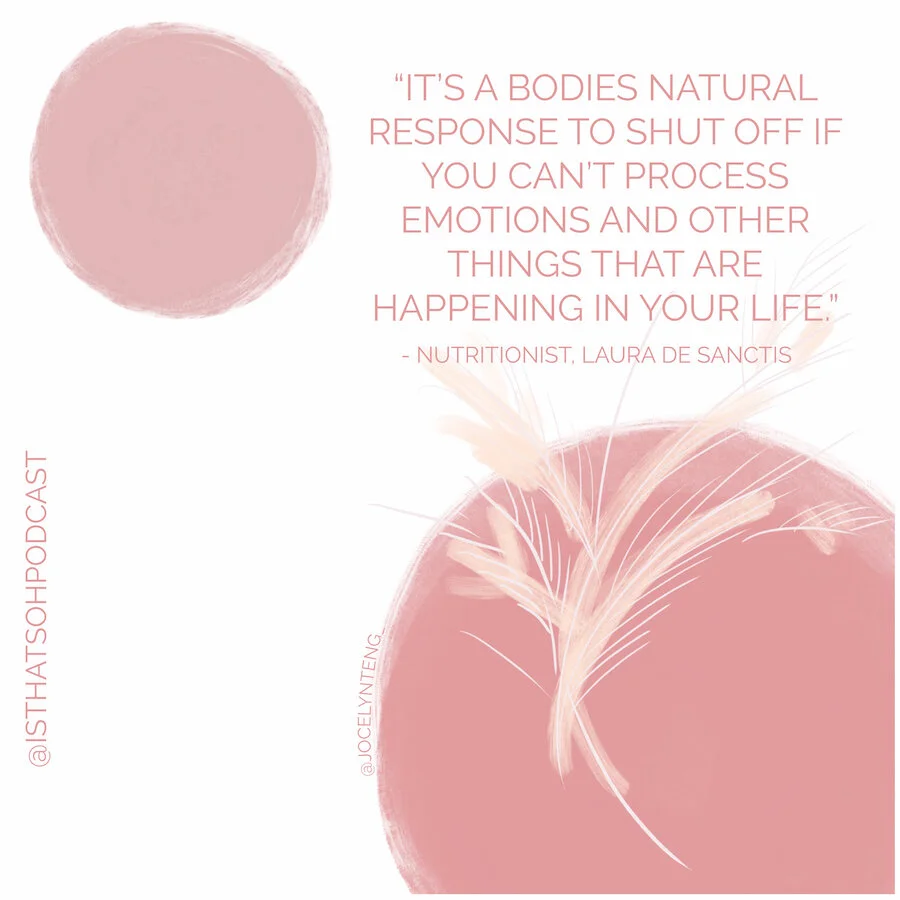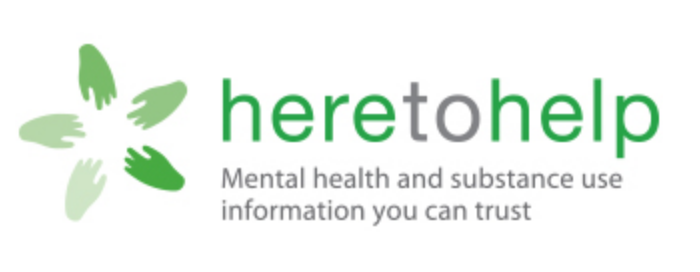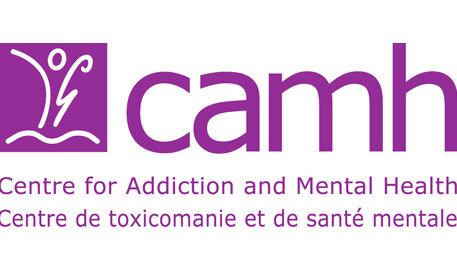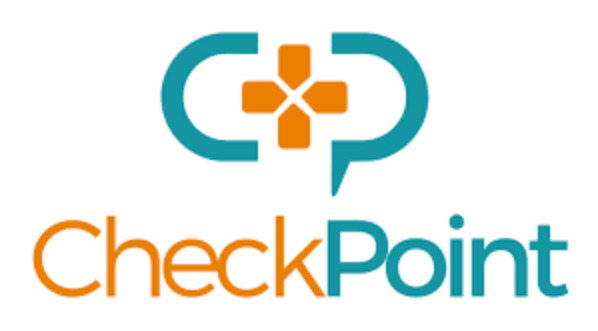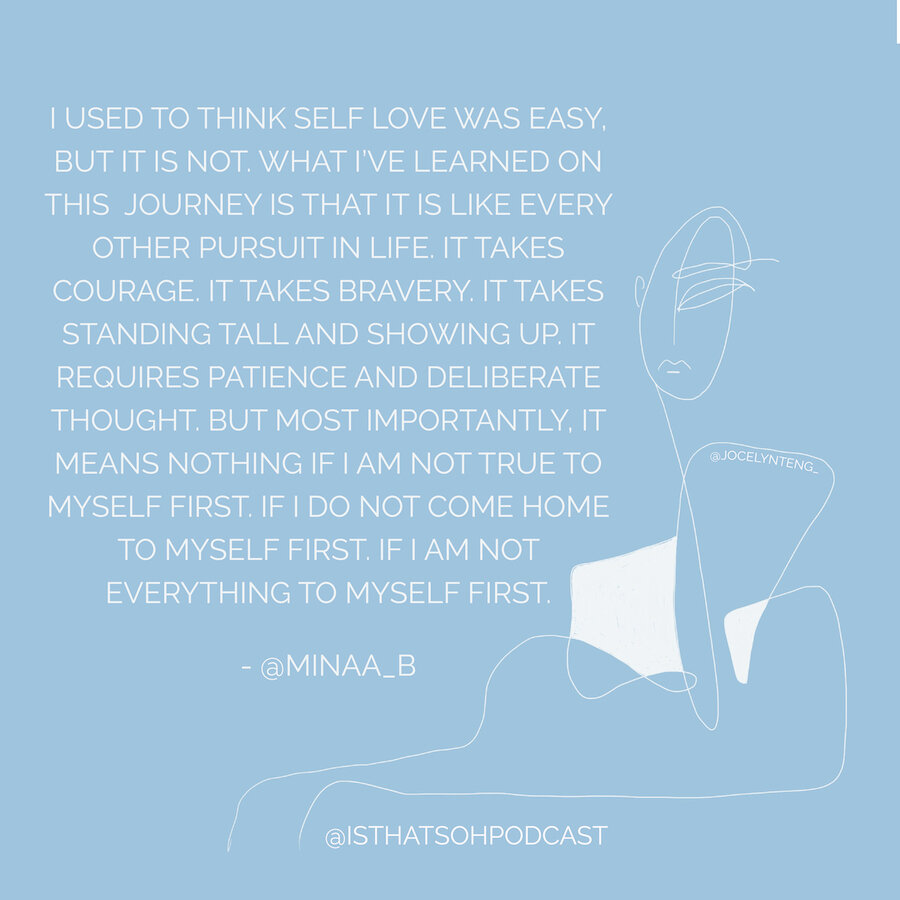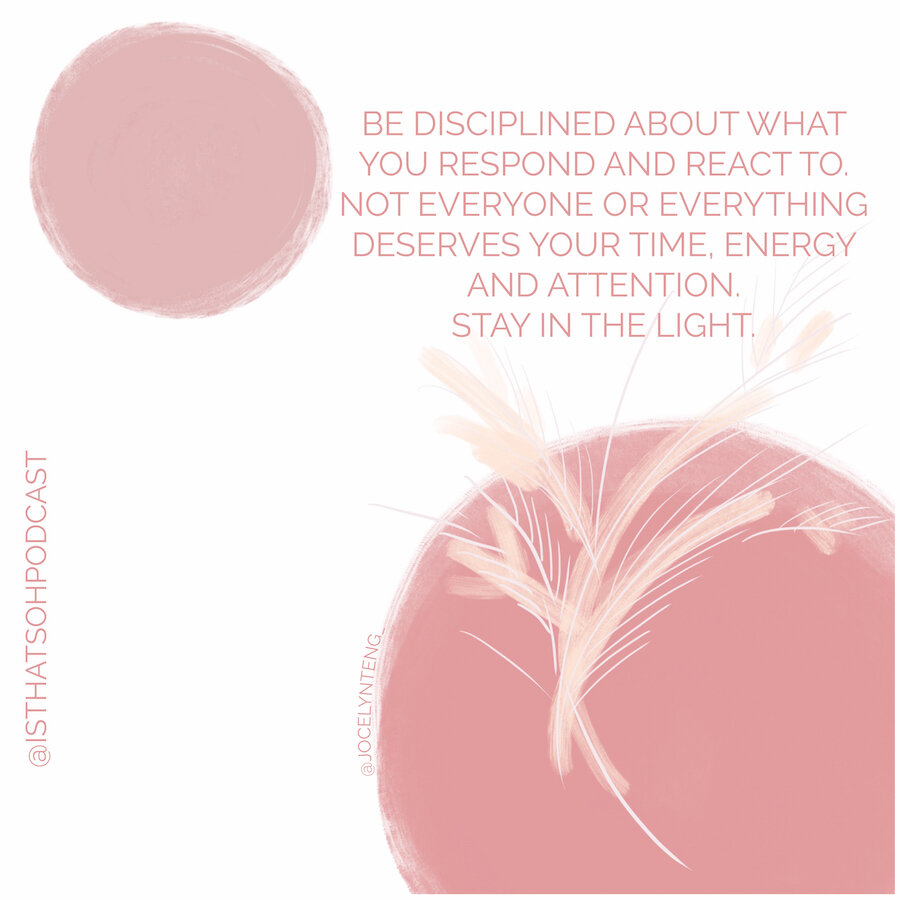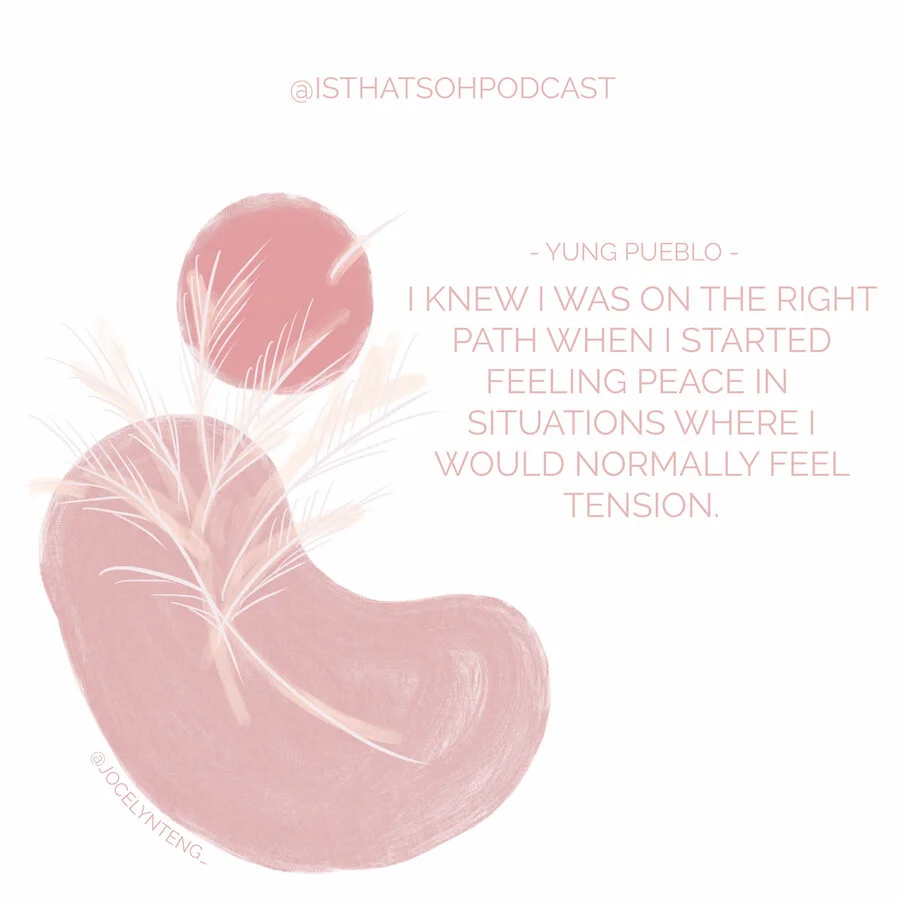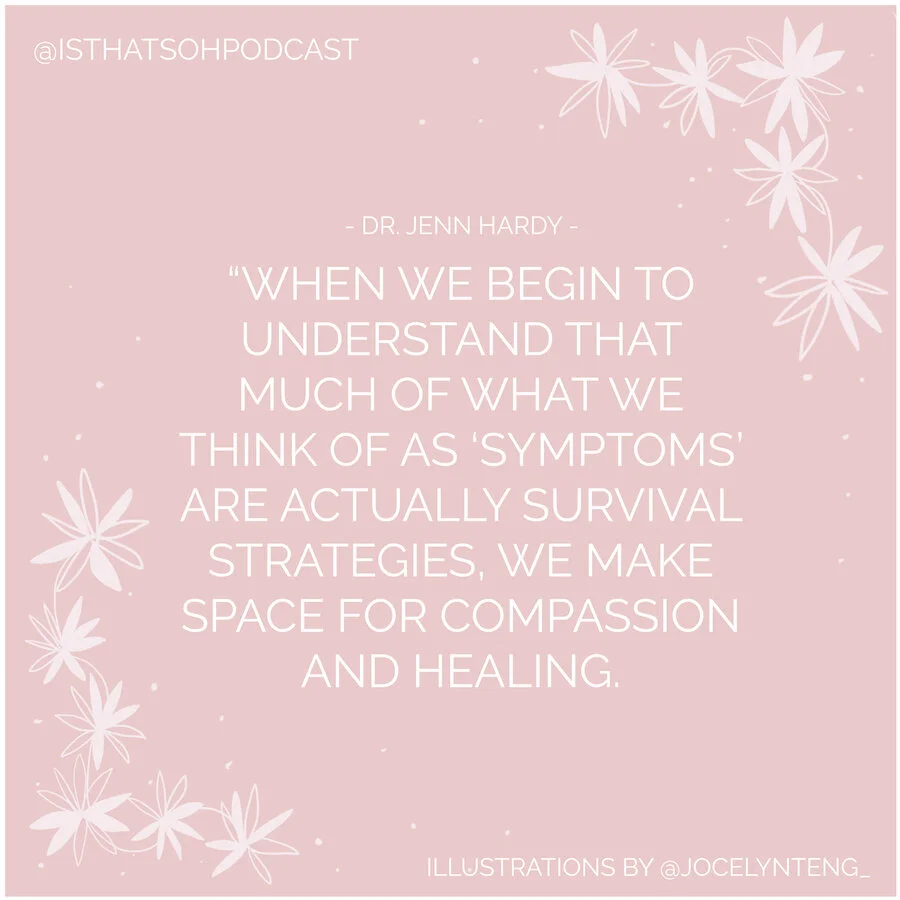EPISODE 33: THE COMPLEX EFFECTS OF TRAUMA WITH DR. CHRISTIAN HEIM
* Please Note - Some links in this post may be affiliate links *
Hello friends and welcome back to the Is That Soh Podcast!
Today on the podcast, I have invited award-winning Psychiatrist and Music Professor Dr. Christian Heim to come on the podcast and talk to us about the complex effects of trauma, trauma symptoms, the causes of trauma, types of trauma, and trauma recovery/how we can overcome it.
With over 20 years of clinical experience, Dr. Heim speaks from a place of deep compassion and authority on Mental Health. Anxiety, depression, addictions, trauma, suicide, personality issues, and relationship breakdown are all common themes in his line of work, and his latest book "The 7 Types of Love: navigating love in a fractured world" was created with the hopes of helping people better understand and connect with each other.
CHECK OUT THESE OTHER PODCAST EPISODES YOU MAY ENJOY!
Today on the podcast we are going to be talking about the complex effects of trauma, what happens when a person experiences trauma, trauma symptoms, the causes of trauma, types of trauma ( ie physical trauma, childhood trauma, psychological trauma), how the body holds on to trauma, triggers, window of tolerance, and trauma recovery / how to heal from trauma.
To learn more about Dr. Christian Heim - CLICK HERE
I hope you enjoy this episode as much as I did! Feel free to leave your thought below!
Also, special thanks to Mattias Friberg for composing the music for this podcast and perfecting my sound!
- TYPES OF TRAUMA -
Emotional Trauma / Psychological Trauma - is the result of extraordinarily stressful events that shatter your sense of security, making you feel helpless in a dangerous world. Psychological trauma can leave you struggling with upsetting emotions, memories, and anxiety that won't go away.
Childhood Trauma - often described as serious adverse childhood experiences, childhood trauma could include neglect, abandonment, sexual abuse, physical abuse, and witnessing abuse of a sibling or parent.
Physical Trauma - a serious injury to the body. Two main types of physical trauma are:
Blunt force trauma—when an object or force strikes the body, often causing concussions, deep cuts, or broken bones.
Penetrating trauma—when an object pierces the skin or body, usually creating an open wound.
Generational Trauma - trauma that isn't just experienced by one person but extends from one generation to the next (ie psychological distress experienced by children and grandchildren of Holocaust survivors)
Complex Trauma - Complex trauma commonly occurs with repeated trauma against a child. Sometimes a parent or caregiver has experienced their own trauma, which is still affecting them e.g. from mental illness, drugs and alcohol misuse, or being physically or emotionally unavailable. Many situations can cause complex trauma in childhood however not all complex trauma is based in a persons childhood and can be a result of experiences of violence in the community, domestic and family violence, civil unrest, war trauma or genocide, refugee and asylum seeker trauma, sexual exploitation and trafficking, extreme medical trauma and/or re-traumatisation.
Collective Trauma or Mass Trauma - a psychological reaction to a traumatic event shared by any group of people and can affect even an entire society. Covid is an example of a collective trauma.
Betrayal Trauma - trauma perpetrated by someone with whom the victim is close to and reliant upon for support and survival.
- TRAUMA SYMPTOMS -
- ADDITIONAL RESOURCES -
The 7 Love Types: Navigating love in a fractured world.
We live in a fractured world: pandemics, economic upheavals, mental illness, screen addiction, loneliness, alienation & separation. We look for love, get confused, get hurt and lose love. More than ever, we need better relationships with family, friends, love partners, and even strangers. Do we even understand love? Or the different love types? Science and Ancient Ideas can help us know love more, show love more, and secure it in our lives.
- Where To Find Dr. Heim Online -
INSTAGRAM ▶ @drchristianheim
WEBSITE ▶ www.drchristianheim.com
YOUTUBE ▶Dr. Christian Heim
Follow The @IsThatSohPodcast On Instagram!
If you have any comments or questions about the complex effects of trauma, what happens when a person experiences trauma, trauma symptoms, the causes of trauma, types of trauma ( ie physical trauma, childhood trauma, psychological trauma), how the body holds on to trauma, triggers, window of tolerance, and trauma recovery / how to heal from trauma, feel free to leave them below! I hope you enjoyed this episode and I look forward to sharing more episodes soon!



